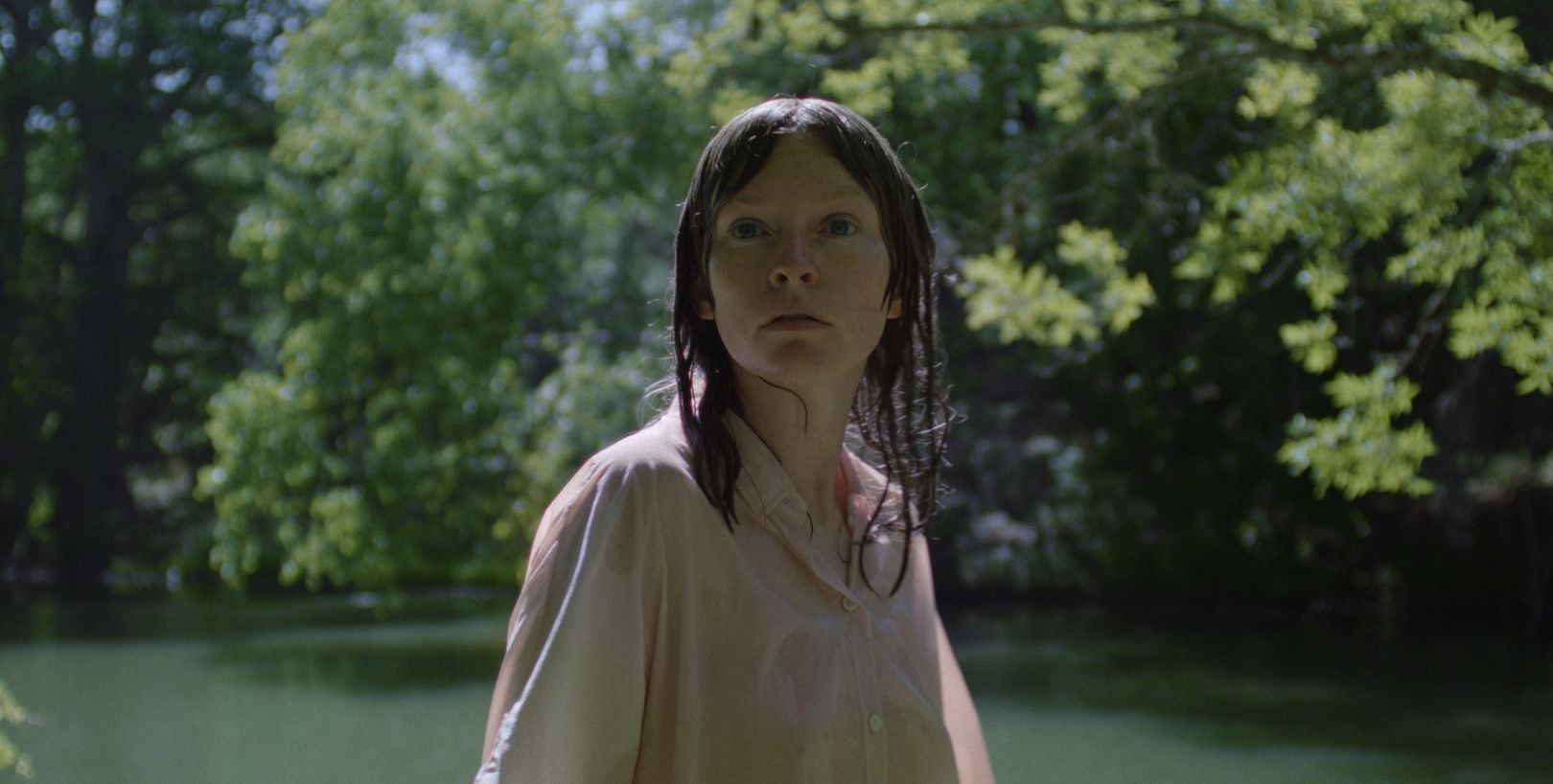Family Portrait is a 2023 film directed by Lucy Kerr and co-written by Lucy Kerr, Rob Rice, and Karlis Bergs. Family Portrait follows a large family on a morning when they have planned a group picture. After the mother disappears and one of the daughters becomes increasingly anxious to find her and take the picture, the rest of the family resists any attempt to gather.
Family Portrait's simple premise sets the stage for a film that evolves from a slice-of-life narrative into an abstract exploration, where time and space lose their conventional meaning, creating a dream-like effect (or, as Neil Young states, a 'low-key fever dream' effect). Kerr's directorial approach in Family Portrait can be likened to the 'cinema of sensation,' a concept associated with Clare Denis' masterpiece Beau Travail. This style emphasizes the sensory experience of cinema, prioritizing the combination of sound and image to create an immersive atmosphere. In Family Portrait, the amplified sound of wind rustling through trees, the overlapping chatter of family members, and the vibrant summer aesthetic contribute to this sensory experience. These elements make the film feel 'highly cinematic,' as Jordan Mitzer of The Hollywood Reporter noted, though his description of Familly Portrait as 'intoxicating' might be more subjective. The film's slow pace and subtle narrative progression will either captivate viewers seeking a cerebral experience or leave those expecting a more traditional storyline feeling frustrated, confused, and bored.
One of the film's most intriguing aspects is its unique take on time and space. As the narrative progresses, the conventional boundaries of temporality and spatial continuity blur, reminiscent of David Lynch's work, particularly Twin Peaks: The Return. However, Kerr infuses this Lynchian influence with her own sensibility, creating a cinematic experience that feels both familiar and fairly original. The result is a film that challenges viewers to question their perceptions of reality and the passage of time, making it a thought-provoking, uncanny piece of cinema.
The acting in Family Portrait is commendable, with performances that feel authentic and relatable. The cast effectively portrays the complexities and nuances of familial relationships, capturing the subtleties of everyday interactions and the underlying tensions that exist within the family dynamic. The daughter's growing anxiety over her mother's disappearance is well-portrayed, adding a layer of emotional depth to the film. However, while the performances are strong, the core narrative strand – the daughter's search for her mother – takes quite a long time to establish and ultimately lacks the substance needed to leave a lasting impact on some audience members.
Despite its narrative shortcomings, Family Portrait's strength is its atmospheric and sensory qualities. The film's use of sound and imagery creates an immersive experience that draws viewers into its world. As the family struggles to gather for the group picture, their resistance to coming together becomes a metaphor for the disintegration of family unity, a postmodern breakdown of traditional family ties. The planned photo, which initially seems like a simple family tradition, transforms into a solemn and enigmatic ritual, symbolizing a transition or a passage that the family is undergoing. This transformation is where Kerr's film truly shines, delving into the symbolic and the abstract, inviting viewers to interpret the deeper meanings behind the family's actions and the shifting reality they inhabit.
Family Portrait is a film that demands patience and an open mind, even with a seventy-two-minute runtime. Its slow pace and unconventional narrative structure may not appeal to everyone, but for those willing to engage with its sensory and thematic depth, it offers an artistic, intellectual, and satisfying experience.

Watch Family Portrait
